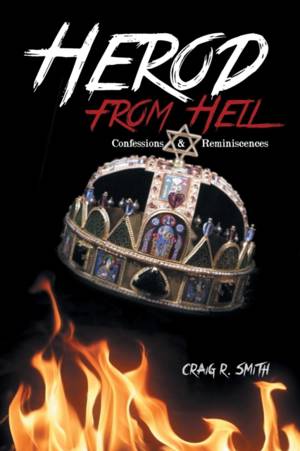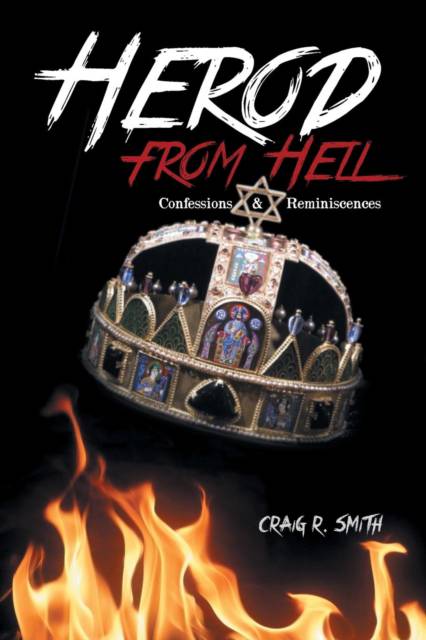
- Afhalen na 1 uur in een winkel met voorraad
- Gratis thuislevering in België vanaf € 30
- Ruim aanbod met 7 miljoen producten
- Afhalen na 1 uur in een winkel met voorraad
- Gratis thuislevering in België vanaf € 30
- Ruim aanbod met 7 miljoen producten
Zoeken
€ 21,95
+ 43 punten
Uitvoering
Omschrijving
Herod the Great provides this memoir from Hell because he wishes to set the record straight. Herod finds historic figures in Hell to help him, including his son Herod Antipas, who ruled during Jesus' crucifixion, Cleopatra, who at first befriended and then turned on Herod, Marc Antony, who made him AKing of the Jews. We also meet such characters as Caesar Augustus, Pontius Pilate, Pope Leo X, Martin Luther, and Henry VIII. In this memoir, Herod solves some mysteries regarding the lives of various Roman emperors, John the Baptist, Jesus, and John, the beloved apostle. For example, in conversations with his son Antipas, Herod discovers what is meant by the apostle John being called Athe one Jesus loved in two books of the Bible. Herod also provides a new interpretation of the Book of Revelation. He explores the philosophies of his reign including Epicurean, Stoic, and Neoplatonic thought, providing the reader with an additional educational experience. While the book focuses on the life of Herod, its scope is larger in order to provide a proper context for the subject matter. For example, since Herod is overthrown at one point by Antigonus of the Hasmonean line of Jews, it is important to understand that the Hasmoneans were direct descendants of the Maccabees who freed the Jews from Greek rule. Since Nero's suicide precipitates the Jewish revolt and subsequent destruction of the Herod's Temple for the Jews, the circumstances of Nero's self-destruction are laid out. The distinguishing features of the book include Herod's first person narrative, his conversations with other historical figures, a portrait of life in Hell including its path to redemption, research documented in footnotes, and a detailed history of Herodian dynasty set into context including interaction with the Roman Empire, the Jews of Antiquity, and the Christian leadership.
Specificaties
Betrokkenen
- Auteur(s):
- Uitgeverij:
Inhoud
- Aantal bladzijden:
- 448
- Taal:
- Engels
Eigenschappen
- Productcode (EAN):
- 9781491829509
- Verschijningsdatum:
- 4/12/2013
- Uitvoering:
- Paperback
- Formaat:
- Trade paperback (VS)
- Afmetingen:
- 152 mm x 229 mm
- Gewicht:
- 653 g

Alleen bij Standaard Boekhandel
+ 43 punten op je klantenkaart van Standaard Boekhandel
Beoordelingen
We publiceren alleen reviews die voldoen aan de voorwaarden voor reviews. Bekijk onze voorwaarden voor reviews.











